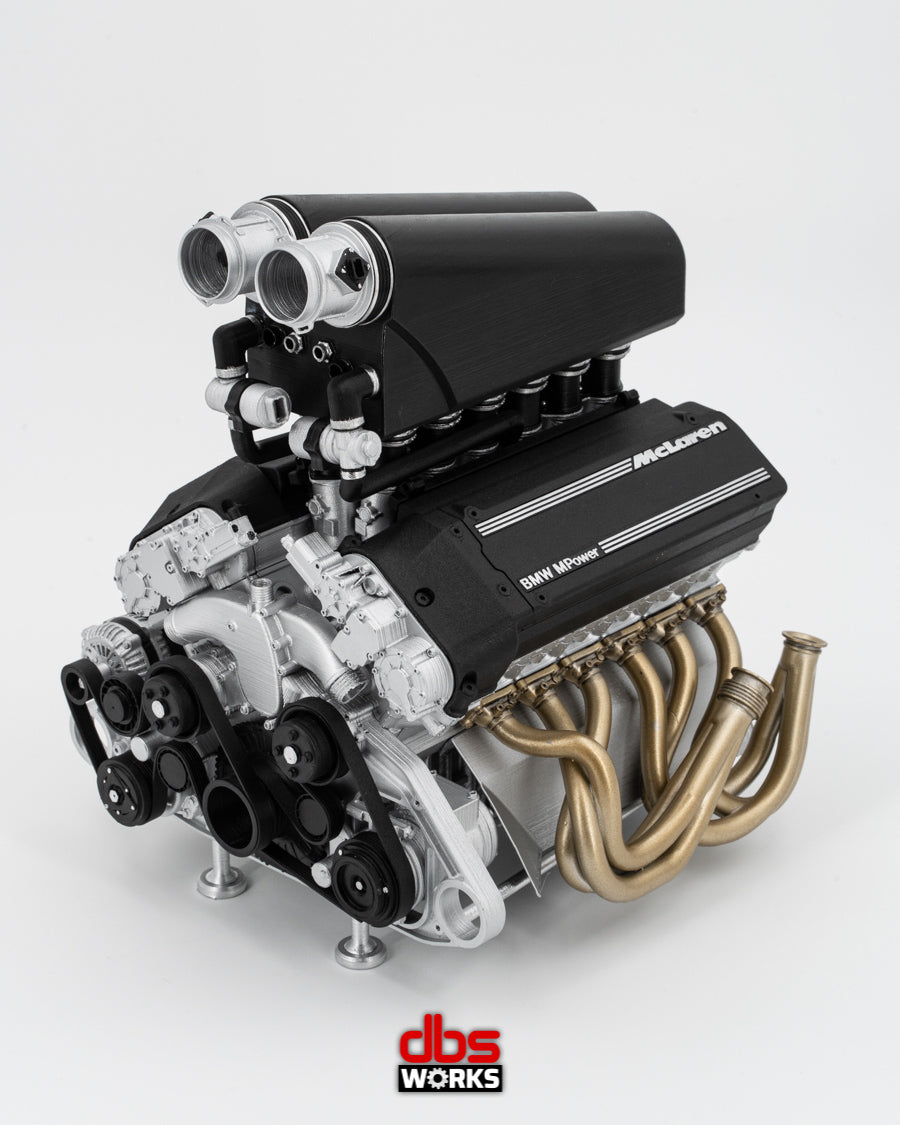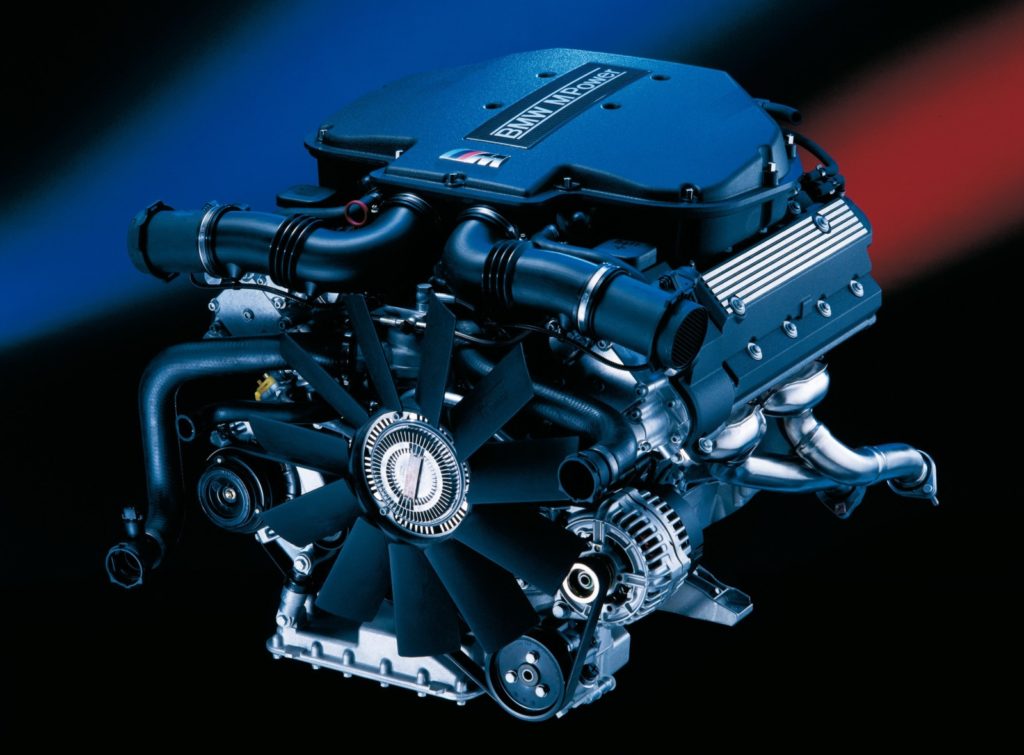Unveiling the Secrets Behind the Power of the BMW Engine
Unveiling the Secrets Behind the Power of the BMW Engine
Blog Article
Unveiling the Intricacies of Next-Generation Power Units: a Deep Dive Into Advanced Engine Designs and Developments
As we stand on the precipice of a new era in transportation, the intricacies of next-generation engine designs beckon us to discover the innovative technologies and advancements that promise to redefine the driving experience. Delving much deeper into the worlds of emission control, intelligent engine monitoring systems, and the horizon of power device development, we discover ourselves on the cusp of a makeover that assures to improve the landscape of wheelchair as we know it.
Development of Engine Products

The shift towards progressed engine materials has likewise made it possible for designers to create engines with higher power results while keeping fuel performance criteria. As an example, the use of light-weight materials decreases the total weight of the engine, causing enhanced fuel economy and reduced emissions. Additionally, improvements in materials technology have permitted for much better thermal management within engines, leading to enhanced dependability and long life.
Turbocharging and Supercharging Technologies
Exactly How do Turbocharging and Supercharging Technologies transform engine performance and efficiency in modern-day vehicles? Turbo charging and turbocharging are modern technologies that dramatically boost engine performance by raising the quantity of air consumption into the burning chamber. Turbocharging attains this by utilizing a generator driven by exhaust gases to pressurize the intake air, while supercharging utilizes a belt- or chain-driven compressor to attain the exact same result.
These technologies allow smaller sized, more fuel-efficient engines to produce power equivalent to bigger ones, called downsizing. Forcibly even more air into the cyndrical tubes, turbo charging and turbocharging improve combustion performance, resulting in enhanced horse power and torque outcome without a significant boost in engine size. This causes far better acceleration, lugging capability, and overall driving efficiency.
Furthermore, turbocharging and supercharging contribute to improved fuel efficiency by allowing the usage of smaller engines that eat much less gas under typical driving problems - bmw engine. This mix of enhanced efficiency and performance has made turbocharging and turbo charging important parts of many modern engine layouts
Exhaust Control and Environmental Impact
With increasing global problems pertaining to air quality and ecological sustainability, the application of discharge control technologies in cars plays a vital function in reducing harmful toxins released into the environment. Modern vehicles are geared up with sophisticated discharge control systems that help lessen the environmental effect of auto procedures. Catalytic converters, for circumstances, are designed to transform harmful gases such as carbon monoxide, nitrogen oxides, and hydrocarbons right into less damaging substances like co2 and water vapor.
Additionally, improvements in engine modern technology, such as the integration of exhaust gas recirculation systems and discerning catalytic reduction, have actually significantly added to decreasing exhausts. These innovations work in tandem to optimize combustion effectiveness and lessen the release of dangerous toxins right into the air. In addition, the development of crossbreed and electric lorries represents an important action towards minimizing the overall ecological impact of the transport industry.
Intelligent Engine Monitoring Solution

Furthermore, these systems make it possible for cars to satisfy strict discharges why not look here requirements without endangering efficiency, offering a much more eco-friendly driving experience. The assimilation of expert system and artificial intelligence capacities in engine management systems continues to press the borders of what is possible, leading to more enhancements in efficiency, dependability, and total automobile performance. bmw engine. As vehicle technology developments, smart engine monitoring systems will play a vital role in forming the future of transport in the direction of a more sustainable and effective instructions
Future Trends in Power Unit Growth
As intelligent engine management systems pave the way for enhanced control and optimization in modern lorries, future trends in power unit development are positioned to redefine the landscape of auto propulsion technologies. These different power resources use enhanced effectiveness and performance while aligning with stringent ecological laws.
Another significant fad is the assimilation of sophisticated materials and making techniques. Lightweight materials such as carbon fiber and light weight aluminum are being used to decrease overall lorry weight, improving gas effectiveness and performance. In addition, advancements in 3D printing and additive production are allowing the production of complicated engine components with greater precision and toughness.
Moreover, expert system and artificial intelligence are playing a critical function in optimizing power system performance. These innovations allow for real-time monitoring and flexible control, resulting in extra trustworthy and efficient power shipment. Overall, future trends in power system development are geared towards sustainability, efficiency, and effectiveness, driving the vehicle market in the direction of a brand-new era of propulsion modern technologies.

Verdict
In verdict, the improvements in engine materials, turbocharging, emission control, and intelligent monitoring systems have led the way for next-generation power systems. These innovations have not only better efficiency and effectiveness but likewise minimized environmental influence. As modern technology continues to evolve, why not look here future fads in power unit advancement are most likely to concentrate on additional boosting sustainability and optimizing power output. The complex layouts and developments in modern-day engines display the ongoing development of automobile modern technology.
Discovering the dynamic advancements in engine materials has actually been pivotal in enhancing the performance and efficiency of modern engines. Over the years, the evolution of engine materials has played a vital duty in pressing the borders of what engines can attain.The change in the direction of advanced engine materials has actually also made it possible for engineers to develop engines with greater power outcomes while keeping fuel performance criteria.The execution of smart engine administration systems in modern cars has revolutionized the way engines are regulated and maximized for efficiency and performance. By collecting information in real-time and assessing it with innovative algorithms, intelligent engine monitoring systems can adjust to driving designs, ecological elements, and engine health to maximize power result while lessening fuel intake and discharges.
Report this page